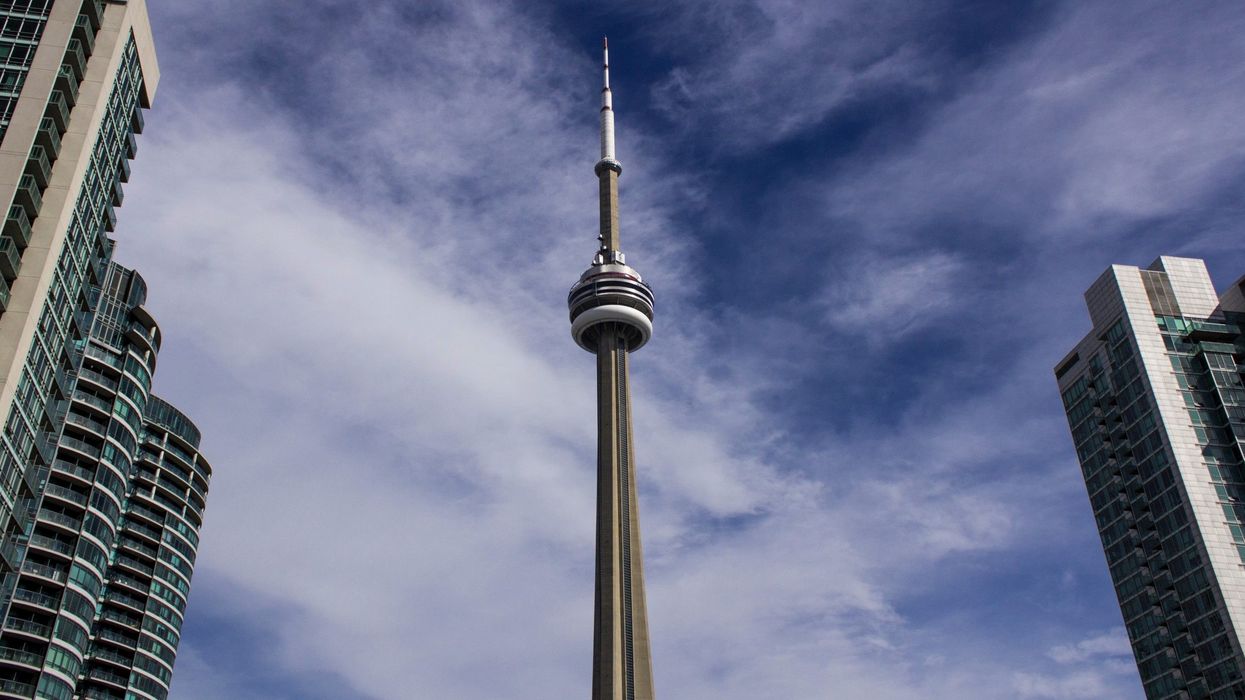People should be able to withdraw unlimited amounts from their Registered Retirement Savings Plans (RRSPs) to buy their first home in skyrocketing markets, says Peter MacKay, one of the Conservative Party of Canada leadership candidates, in a fundraising email.
RELATED: 94% of Torontonians Experience Barriers to Homeownership: Report
And they should not have to repay it, MacKay, a former cabinet minister under former Prime Minister Stephen Harper, adds in his policy proposal.
With people desperate to buy in to the Toronto market, this may sound like a good idea, but some financial advisors caution about going overboard. First, some background on the current situation with RRSPs and home buying.
“You can already withdraw whatever you like from your RRSP now, unless it’s a ‘locked-in RRSP,’” says certified financial planner Alexandra Macqueen. However, “The withdrawn amount is added to your taxable income, just as it would be in retirement,” she adds. In other words, withdrawals from RRSPs are penalized by being taxed.
A program that currently allows Canadians to tap in to their RRSPs to buy their first home is the Home Buyers’ Plan, but it has limits on how much you can withdraw, and when you have to pay it back. It functions almost like an interest-free loan.
Home Buyers’ Plan – some facts:
MacKay’s idea “would be appealing to a lot of young aspiring home buyers,” says Jason Heath, a fee-only financial planner at Objective Financial Partners Inc. He points to a U.S. policy that allows buyers to take $50,000 from their employer-sponsored pension plans. However, he and other financial advisors are concerned about taking it too far.
"The average consumer is not financially literate,” says certified financial planner Christopher Dewdney.
READ: What First-Time Home Buyers Will Pay in Closing Costs Across Ontario: Report
“The purpose of the RRSP is to fund retirement. If you get rid of the maximum, people will pull out more. If you get rid of repayment, people won’t repay. This will have a negative effect on their retirement.”
And retirements are underfunded now, he warns. People are expected to live longer and will have higher health-related costs in the future, he adds.
Even if they end up repaying some of the money into their retirement fund, or all of the money over a greater time period than under the current Home Buyers’ Plan, they will lose out on the compounding growth of their savings over that length of time.
It would benefit sellers and the industry, because allowing people to raid their retirement funds for bigger amounts would fuel home prices, he adds.
Heath would also be concerned about removing the limit. “My sense is that many Canadians are already prioritizing real estate over retirement savings,” he says. “Although, in fairness, that is partly a function of high real estate prices leaving little for savings.”
Another issue is it would benefit wealthier people, says Macqueen. “Wealthier people are the most likely to have RRSP balances – and older people who have had time to build up RRSP savings. So this tax policy… would effectively make down payments for those who can afford them tax-deductible.”
MacKay’s office confirmed the policy proposal, but was unable to offer comment by the time of publication.





















